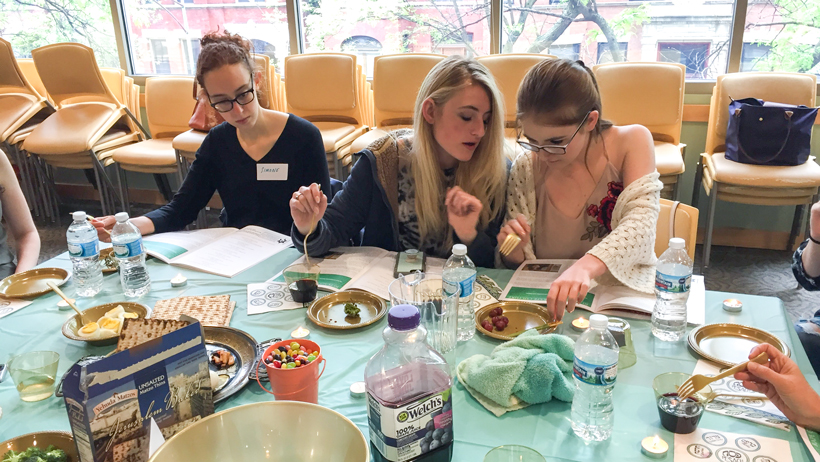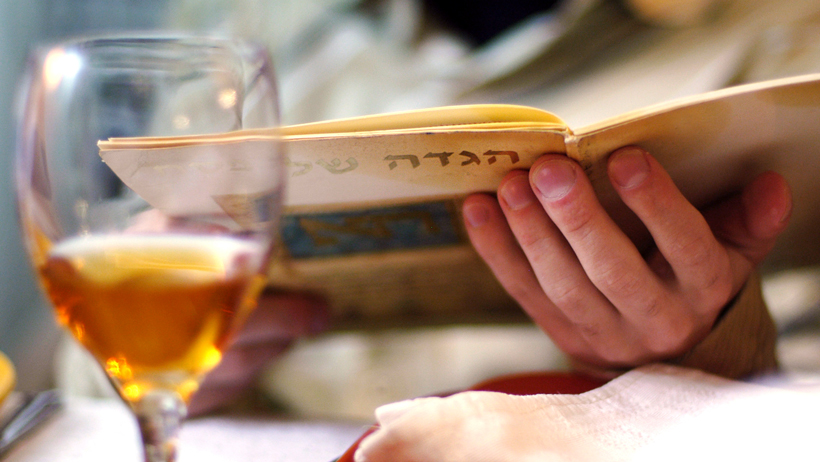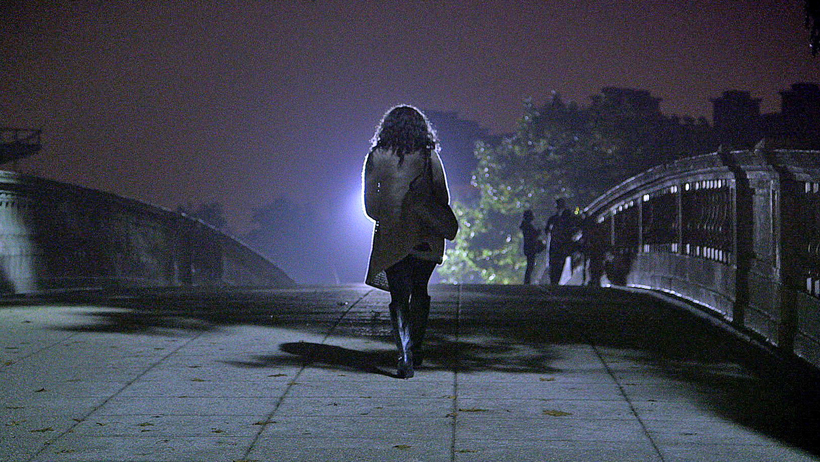While you discuss traditional Passover themes like freedom, gratitude and welcoming the stranger at your seder this year, several Chicago-area teen women are hoping you'll also include issues of sexual violence against women and rape culture in the conversation.
Ten high school-aged female and female-identifying students have created a haggadah titled The Revenge of Dinah: A feminist seder on rape culture in the Jewish community through JUF's Research Training Internship (RTI), a 10-month paid internship in which the participants select and research a social justice topic from a feminist and Jewish perspective and work with DePaul University to learn academic research methodologies. This group, Cohort 3, chose to research rape culture, and their work culminated in the publishing of the haggadah last May.
"They're reimagining every single ritual that you are familiar with in the Passover seder to reflect something new and thoughtful about rape culture and permissiveness around sexual violence," said Stephanie Goldfarb, Director of Youth Philanthropy and Leadership at JUF and RTI's facilitator.

According to its authors, "This haggadah is not about electoral politics, but the topic was motivated by the news we read, watched, and processed together" in the fall of 2016. And their work is all the more prescient in the wake of the Me Too movement entering the mainstream.
To begin exploring rape culture through a Jewish lens, the cohort learned from Rabbi Megan GoldMarche of Silverstein Base Hillel, who taught the story of Dinah from the Book of Genesis. As the story goes, Dinah, the daughter of Leah and Jacob, went on a walk to find the daughters of the land of Shechem. The prince of Shechem saw Dinah and raped her. After, the prince asked Jacob if he could take Dinah as his wife and the two came to a deal: In exchange for Dinah, the men of Shechem would all become circumcised and give the daughters of Shechem to Jacob's people. But, two of Jacob's sons became so outraged by what had happened to their sister that they killed every male in Shechem along with the king and his son. They took Dinah from Shechem's home and exclaimed "Should our sister be treated like a whore?"
Jordana Bornstein, a Cohort 3 participant and senior at Deerfield High School, had never heard the story of Dinah until GoldMarche's lesson. "I felt connected to Dinah because I really wanted to help give her her voice back," she said.
The reimagined haggadah asks participants to literally give Dinah a seat at the head of the seder table, so her voice can be heard.
On March 11, Bornstein hosted about 25 people at her own Passover seder at Temple Jeremiah in Northfield, Ill. using the haggadah.
"I thought that everyone who was there really found … a ritual that really stuck with them … or something from the research that really stuck with them," she said.
Among the matzah, maror and charoset, the haggadah calls for bitter chocolate and duct tape on the seder plate. The duct tape represents the silencing that victims and survivors of rape and rape culture endure. Participants are encouraged to write the name of someone who has been a victim of sexual violence on a piece of duct tape -- or silently think the name or names -- and then stick the piece of duct tape to Dinah's chair.
"We hope that this ritual helps to give a voice to those affected by rape. A voice that Dinah did not have the privilege to use, and a voice that was overlooked by the authors of her story," the cohort wrote.
The bitter chocolate on the seder plate represents the way a perpetrator of rape views the woman: sweet and readily available for satisfaction. Yet, its bitter taste is celebrated by the cohort and represents the strength of the victim/survivor.
After the seder, Bornstein recalls participants telling her that they were interested in incorporating the haggadah into their own family traditions.
Among the participants was Bornstein's mother, Lizzy Garlovsky.
"Beyond just making me proud as a mother, I was proud in general of her and even her friends who chose to attend the seder to address this topic head on in such a bold way and be receptive to making the topic on the table instead of swept under the rug," Garlovsky said.
Bornstein advises that one doesn't have to follow the rape culture haggadah in its entirety, but can add one or two rituals to include among those performed during a typical seder.
Bornstein was named one of Chicago's Jewish 18 Under 18 by Springboard Chicago this year and will be attending New York University in the fall, where she feels she'll be more prepared because of her RTI experience.
"I'll feel a lot more confident and a lot more ready to take on different tasks and do different things, I think, because RTI gave me a really good skill set."
The cohort's full report and an online PDF of the haggadah can be found here.
The Research Training Internship is accepting applications for Cohort 5. Reach out to Stephanie Goldfarb at StephanieGoldfarb@juf.org for more information. Cohort 4's research on eating disorders in the Jewish community will be published in late May.








.jpg)



